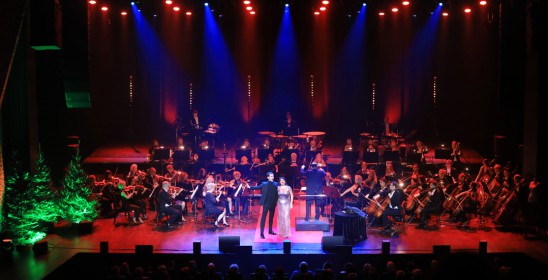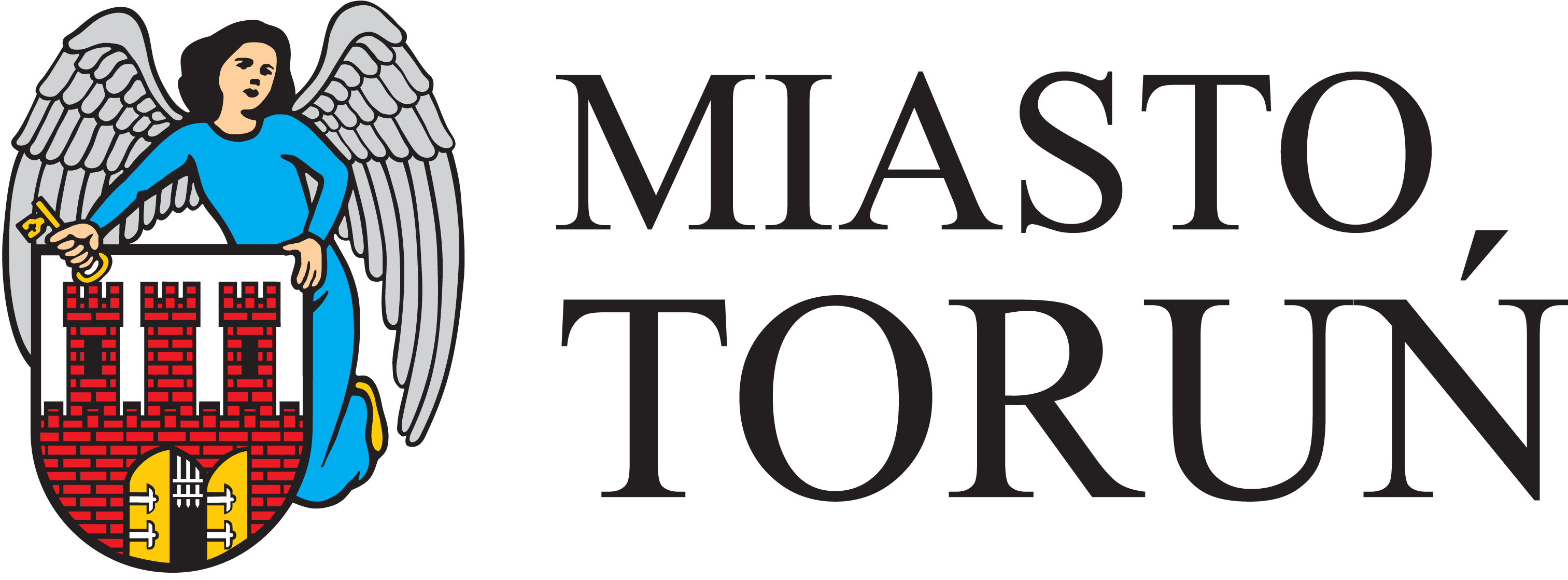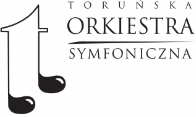Giuseppe Verdi was born on 9 or 10 October 1813 in Roncole, in the Parma region. He came from a modest family. He first learned music from a local organist. Later, taking advantage of a scholarship funded by his future father-in-law, Antonio Barezzi, he went to Milan. However, due to his age and deficiencies in piano technique, he was not accepted to the conservatory. At that time he took lessons from Vincenzo Lavigna, a tutor at La Scala in Milan. After returning to Busetto, Giuseppe became an organist and married Margherita Barezzi. Three years later his first opera, Oberto, was staged at La Scala. It was a time when he was struck by major tragedies in his private life: the death of his two children and wife. The second of his operas, One-Day Reign, turned out to be a failure. The Nabucco, on the other hand, became a turning point in his personal and professional life. During the preparations for the production of the opera, Verdi met a singer – Giuseppina Strepponi, who became his second wife after 17 years of relationship. Until 1849, he composed as many as 14 operas, but it was the later masterpieces that brought him international fame: Rigoletto, Troubadour, La Traviata as well as The Force of Destiny and The Masked Ball. Verdi’s Sicilian Vespers began the period of his fascination with French grand opera.
Verdi changed the history of the operatic genre. Despite the fact that he always placed the human voice in the centre of his works, he gave up the spectacular virtuoso arias and strengthened the importance of the orchestra, which became the musical designation of motifs and characters. In his last works, such as Aida, Otello and Falstaff, he abandoned the strict division of opera into the so-called vocal pieces (arias, duets, choruses, etc.). By combining them, he moved towards Wagner’s operatic reform, without abandoning the bel canto style (cantilena style, meaning ‘beautiful singing’), which was idiomatic for the Italian opera.
He died on 27 January 1901 in Milan. He was farewelled by 200,000 people with Arrigio Boito, Giacomo Puccini, Pietro Mascagni, Umberto Giordano among them. During the funeral ceremony, his friend and outstanding conductor Arturo Toscanini led a 900-person ensemble, which performed the famous chorus Va, pensiero (Fly, My Thoughts) from the opera Nabucco. In this way, Italians paid tribute to their beloved composer.
Interesting facts:
The cry Viva Verdi! (Long live Verdi) was an encrypted slogan and it meant: Viva V(ittoro) E(manuele) R(e) D'I(talia) – Long live Victor Emmanuel (II) King of Italy!, who was to become the first ruler of a united country. The composer became involved in politics. In 1859 he became a member of the parliament of Parma and Modena and two years later of the first Italian parliament.
When the authorities of the Milan Conservatory, to which Verdi had not been admitted in his youth, asked for permission to name the university after him he, much to his satisfaction, refused.
Aneta Derkowska, PhD






